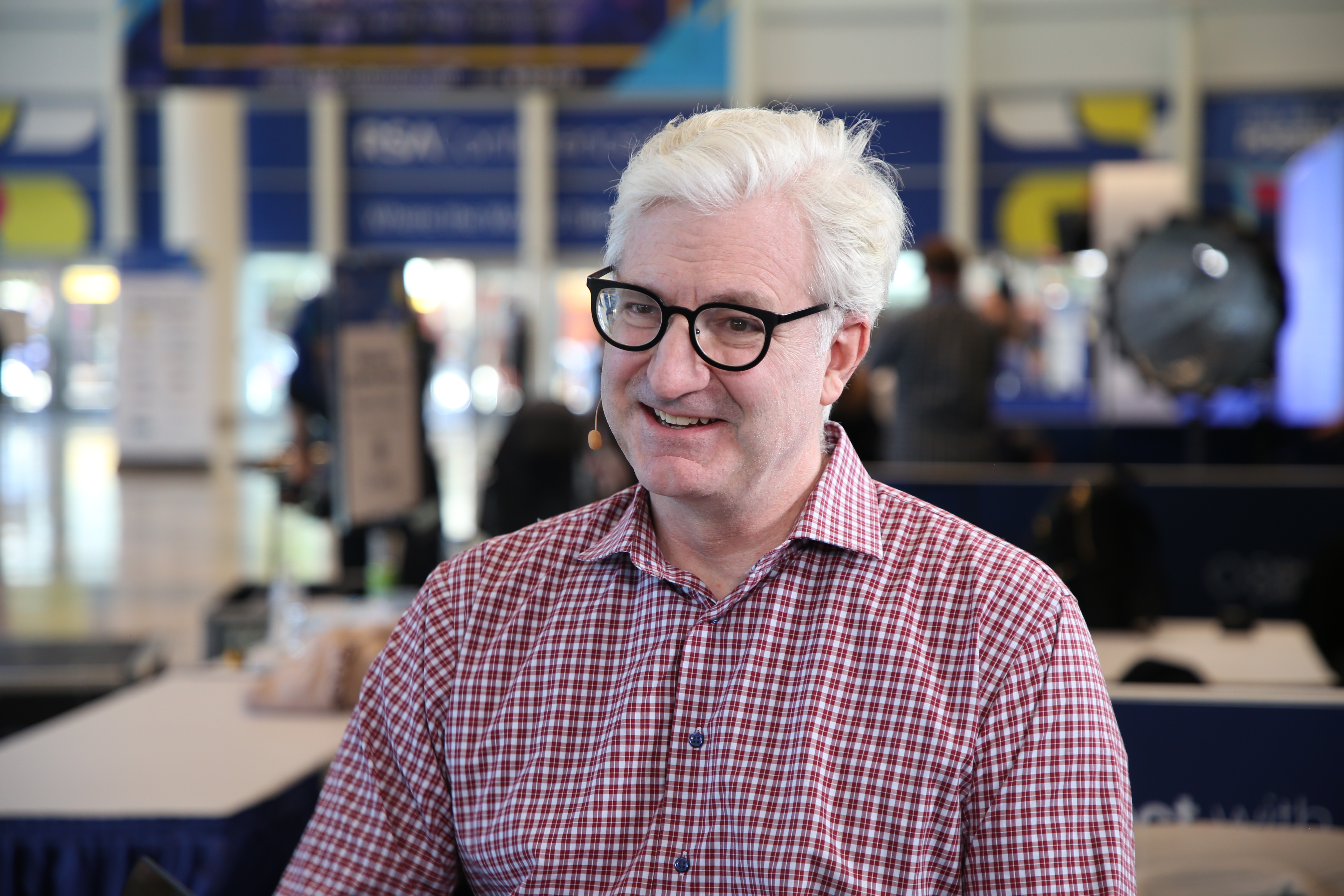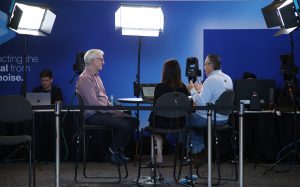 AI
AI
 AI
AI
 AI
AI
U.S. Cybersecurity and Infrastructure Agency Director Jen Easterly has emphasized the critical need for proactive cybersecurity measures, advocating for the integration of security protocols right from the design phase of tech products.
In line with this, Google LLC, a prominent player in the tech industry, sees U.S. security as a fundamental responsibility. While Google has developed extensive in-house capabilities, it acknowledges the importance of external expertise to ensure the safety of its customers, explained Brian Roddy (pictured), vice president of engineering, cloud security, at Google.

Google’s Brian Roddy talks to theCUBE about proactive cybersecurity measures.
“Even having some of the best security capabilities in the world, we were humble enough to realize we needed someone like Mandiant on the front lines of intelligence,” Roddy said. “I think last year. The stat was something like we spent 400,000 hours using Mandiant consultants to do incident response. That’s given us tremendous insight into security across the board, which is fantastic.”
Roddy spoke with theCUBE Research’s Dave Vellante and Shelly Kramer at the RSA Conference, during an exclusive broadcast on theCUBE, SiliconANGLE Media’s livestreaming studio. They discussed how Google Cloud is leveraging artificial and human intelligence in threat intelligence to enhance security operations and prioritize tasks. (* Disclosure below.)
Security professionals play a pivotal role in fortifying the environment against various threats, utilizing tools such as Mandiant and other Google tools. Despite the barrage of alerts, these professionals are adept at securing the environment against attackers, a task that requires significant time and funding, as Roddy pointed out.
“On the threat intelligence side, Mandiant threat intelligence, as a result of all of their work on incident response, all of their work analyzing the threat landscape, they had an incredible asset there. In addition to that, Google has something called VirusTotal,” he said. “This is a tool used by security professionals worldwide to get a sense of what’s going on with any particular threat, any particular piece of malware and get a sense of that. And then we have other threat intelligence inside of Google.”
Using AI, Google can detect and prioritize threats in an environment, providing tools to help understand and remediate them. This allows for a more proactive approach to security, Roddy stated.
“The more you know what the bad guys are up to, the better job you can do stopping them. By aggregating all this together and taking the human intelligence, the AI-generated intelligence, we can create a really, really insightful portfolio,” he said. “Then we can use that threat intelligence to turbocharge everything we do, everything from the platform to security operations all across the board. That’s where we’re going with threat intelligence.”
Google is using advanced AI techniques. It’s crucial to stay updated and adapt quickly in the ever-changing AI space to ensure customer success, according to Roddy.
“The way we view the space is it’s incredibly important for us to deliver features,” he said. “But any point feature is only as important as how quickly we’re learning, how quickly we’re getting feedback from our customers, how quickly we can apply it.”
Here’s the complete video interview, part of SiliconANGLE’s and theCUBE Research’s coverage of the RSA Conference:
(* Disclosure: TheCUBE is a paid media partner for the RSA Conference. Neither RSA Conference LLC, the sponsor of theCUBE’s event coverage, nor other sponsors have editorial control over content on theCUBE or SiliconANGLE.)
THANK YOU